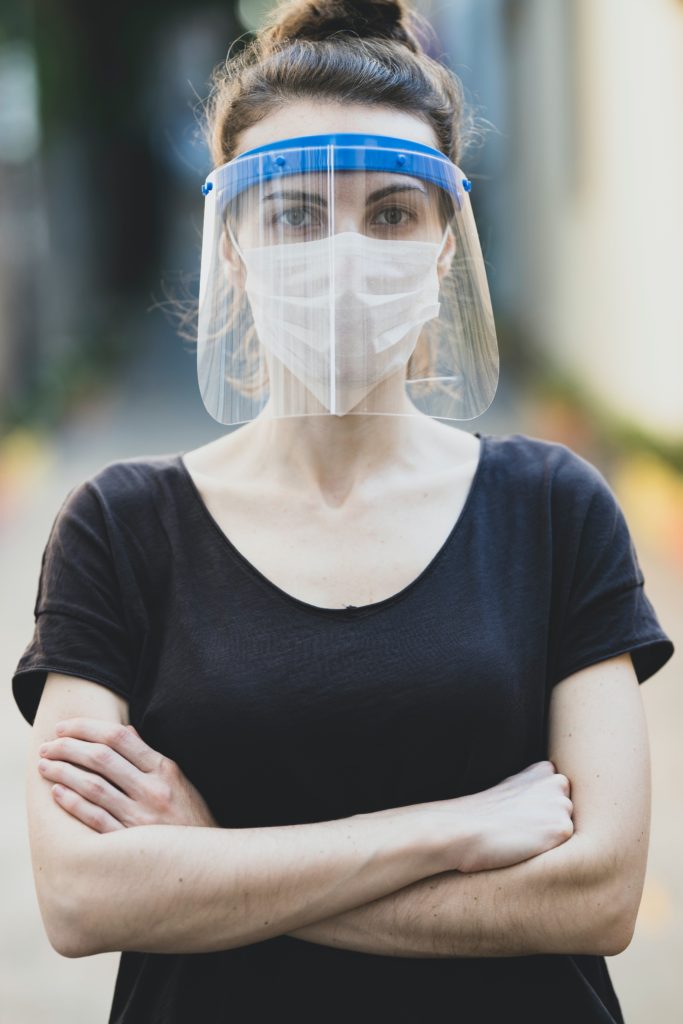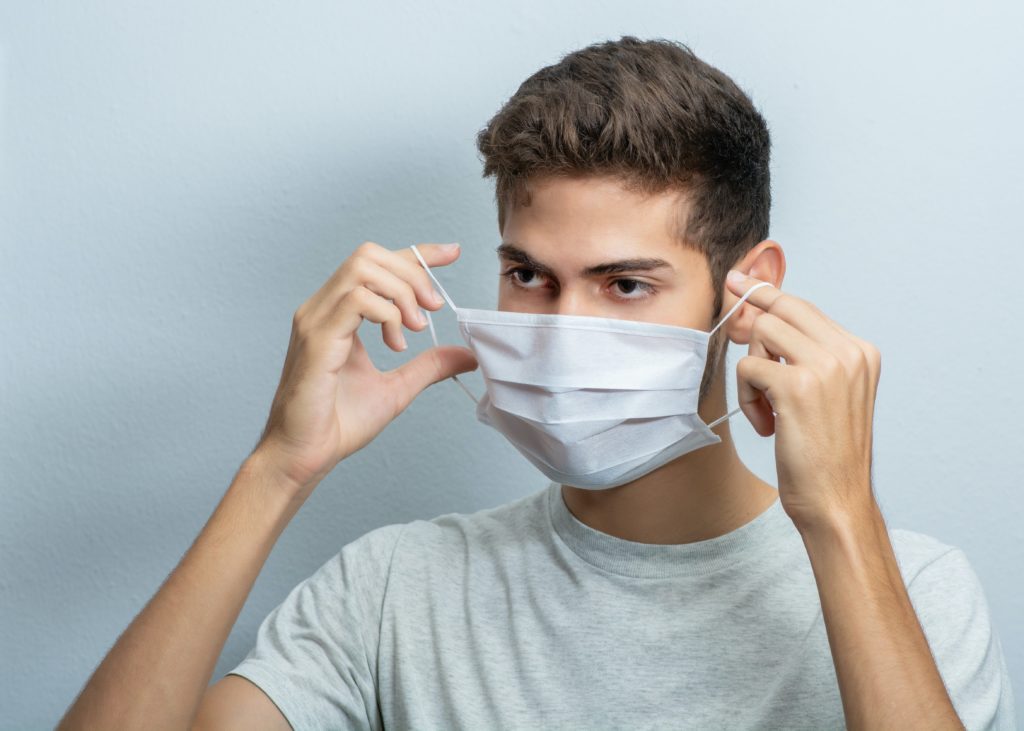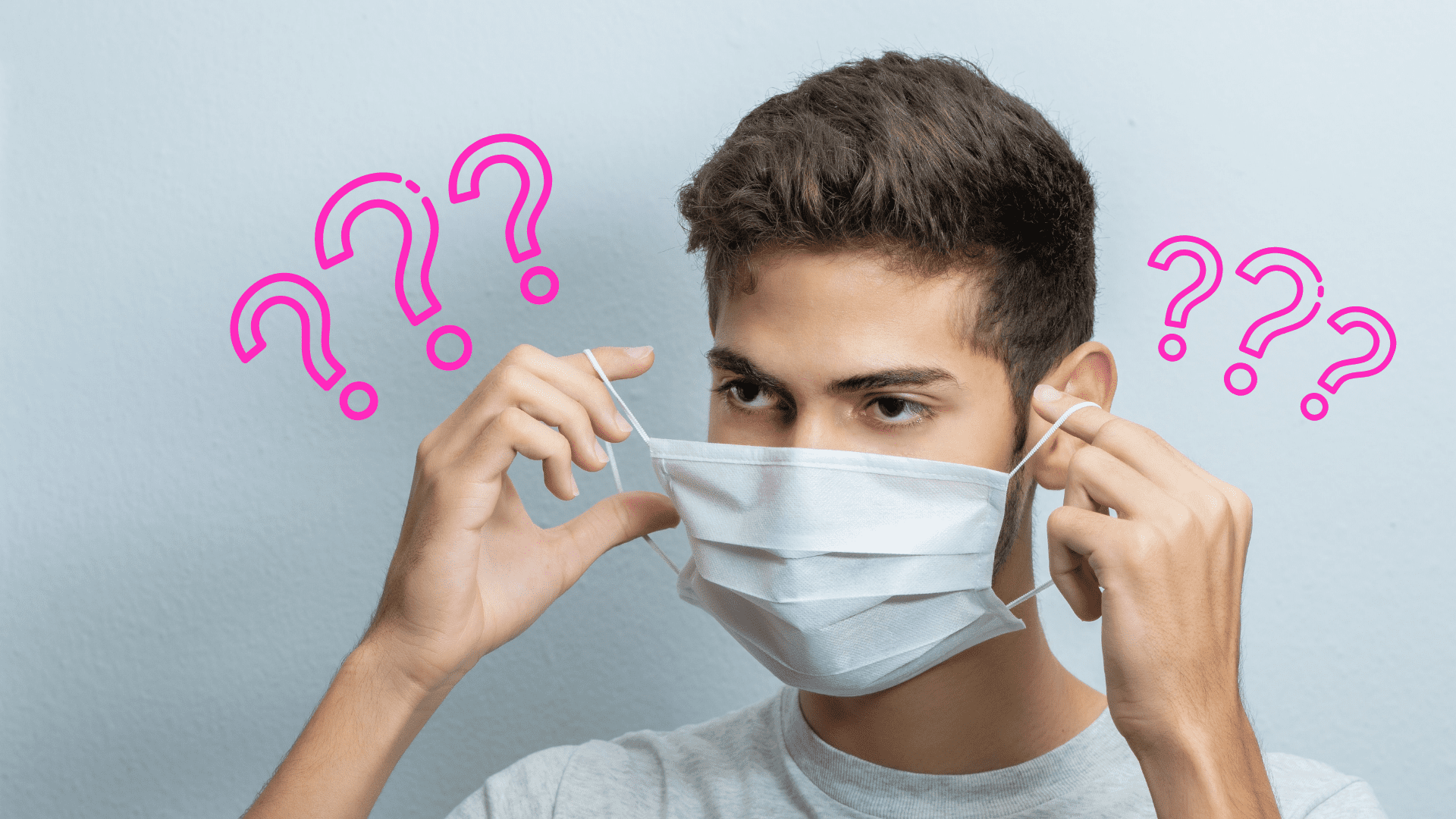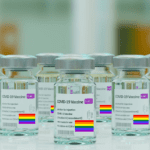Generation Black TV - Live
Why We Should Still Be Wearing Masks – How Effective Are They?
Why We Should Still Be Wearing Masks – How Effective Are They?
[simple-author-box]

Masks and face coverings have been a regular part of our lives for the best part of two years. From the 19th of July 2021, regulations in England eased, and face coverings in public places became optional rather than mandatory, while in Wales, Scotland and Northern Ireland they remain compulsory, but just how effective are they?.
Masks have been a controversial subject since the start of the pandemic in 2020. While many people have quickly become accustomed to wearing masks in public places, others have found them uncomfortable or difficult to wear, especially for long periods.
As we move closer to a sense of normality, the UK government is encouraging people to use their common sense and personal responsibility, rather than enforcing mask-wearing by law. A recent survey by the Zoe Covid App has shown that over 95% of people still choose to wear masks in all public places.
People have also asked whether there is any benefit of wearing a mask when everyone around them remains unmasked. In such situations, the NHS suggests that if you are comfortable wearing a mask, you are recommended to do so in crowded indoor settings, even if the people around you cannot be convinced to do the same.
 Just one mask in a group of people can reduce the risk of COVID spreading, protecting yourself and others.
Just one mask in a group of people can reduce the risk of COVID spreading, protecting yourself and others.
Research suggests that face coverings worn over the nose and mouth reduce the spread of coronavirus droplets from coughs, sneezes and speaking. The main purpose is to protect others from Covid-19 but evidence also suggests that they also protect the wearer.
A report from the Royal Society in 2020 identified that wearing a cotton mask may lower the risk of contracting Covid-19 by 54%, in comparison to those not wearing a mask. Further research by the Royal Society indicates that if the entire population of the UK wore face coverings that were only 75% effective, it would bring the R Number down from 4.0 to under 1.0, without the need for lockdowns.
During the early stages of the pandemic the message about the need to wear masks was confusing. As time went on and we learned more about Covid 19– and saw those countries including Italy which recommended face coverings were seeing lower numbers of people becoming infected and dying from the disease, it became clear that face coverings, alongside other social distancing measures, were helping to stem the spread of the virus.
These are some of the things that we have learned:
- By wearing a face covering we can reduce our risk of catching Covid by over 60%.
- Many people with COVID-19 are unaware they are carrying the virus. Approximately 40% of people with COVID-19 are asymptomatic but are potentially able to transmit the virus to other people.
Masks and face coverings do not provide 100% protection. However, when worn and accompanied by other public health measures such as physical distancing, testing and contact tracing, transmissions can be slowed, and infections can be reduced.
 Wearing a face mask as directed, covering the nose and mouth, can help to prevent us from breathing in airborne droplets from those around us, reducing the risk of contracting the virus. It also helps to protect others, especially if you are infected without displaying any of the common symptoms such as a new continuous cough, a high temperature, breathing difficulty, or a change in your sense of smell or taste.
Wearing a face mask as directed, covering the nose and mouth, can help to prevent us from breathing in airborne droplets from those around us, reducing the risk of contracting the virus. It also helps to protect others, especially if you are infected without displaying any of the common symptoms such as a new continuous cough, a high temperature, breathing difficulty, or a change in your sense of smell or taste.
Despite the lifting of restrictions and a return to relative normality across many parts of the United Kingdom and beyond, there are still tens of thousands of new cases each day. The vaccines have successfully weakened the link between the number of cases, hospitalisations and deaths, with fewer people becoming seriously ill with COVID-19.
However, there is still a risk of becoming infected, even if you have been double-jabbed, or given your booster vaccination. Although data indicated that you are unlikely to become seriously ill, you can still pass the virus on to others who are unvaccinated or vulnerable.
COVID-19 transmission has been shown to be the most likely in crowded, indoor areas, which is why wearing a mask in these situations is strongly encouraged, even amongst those who have had received both of their vaccines.


